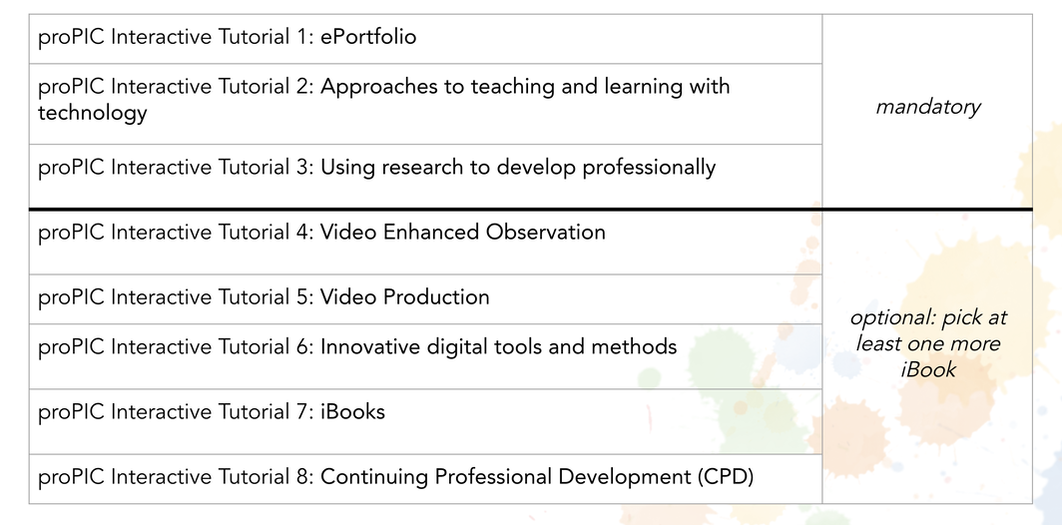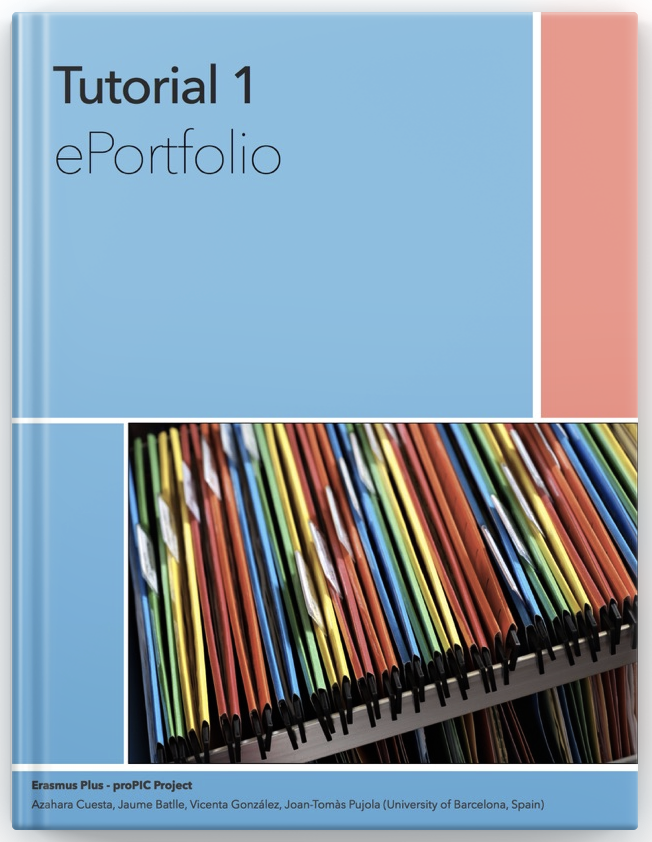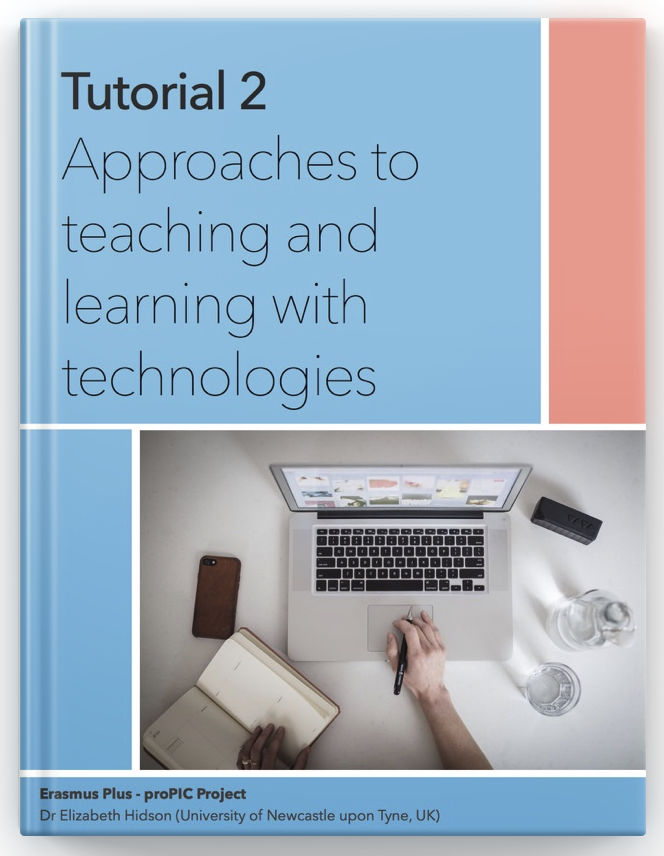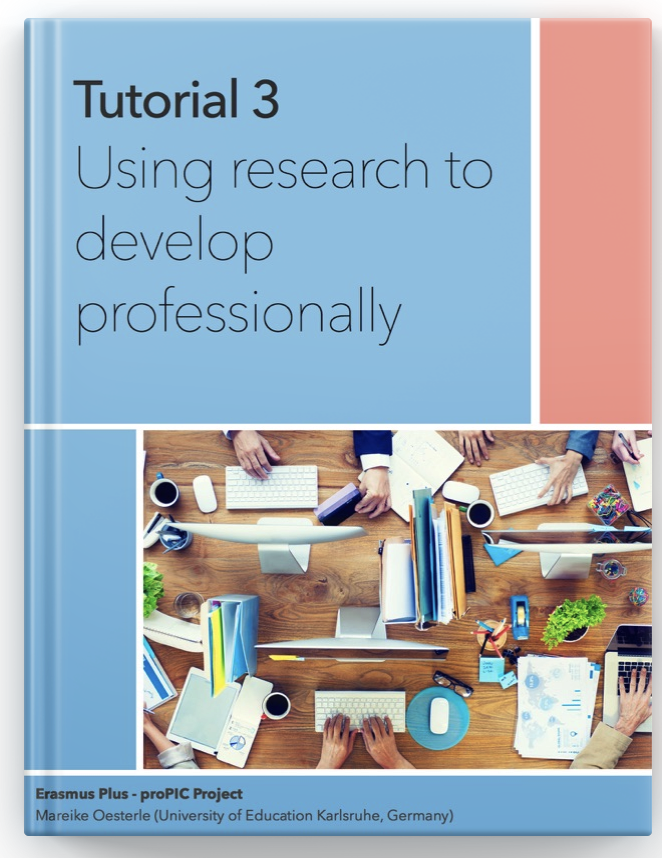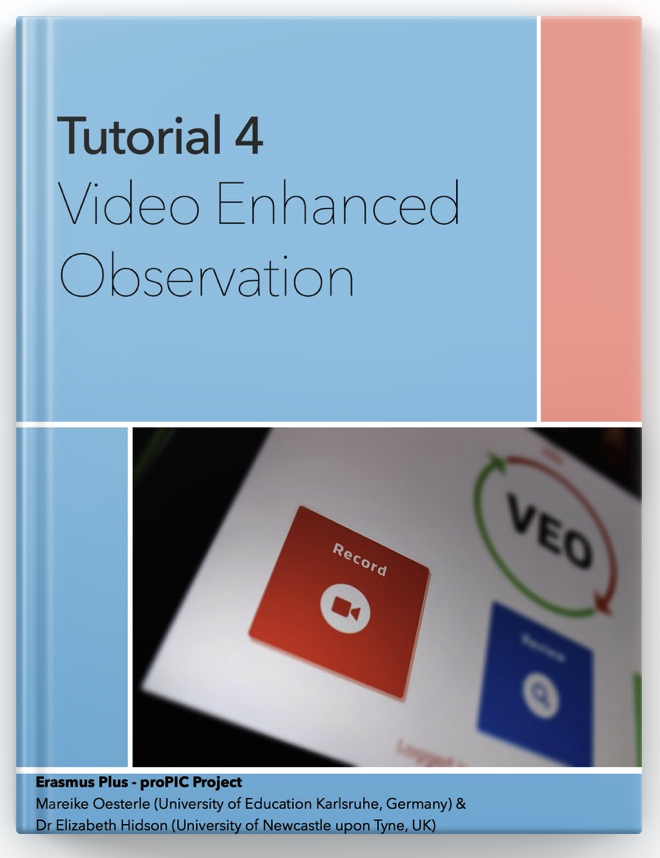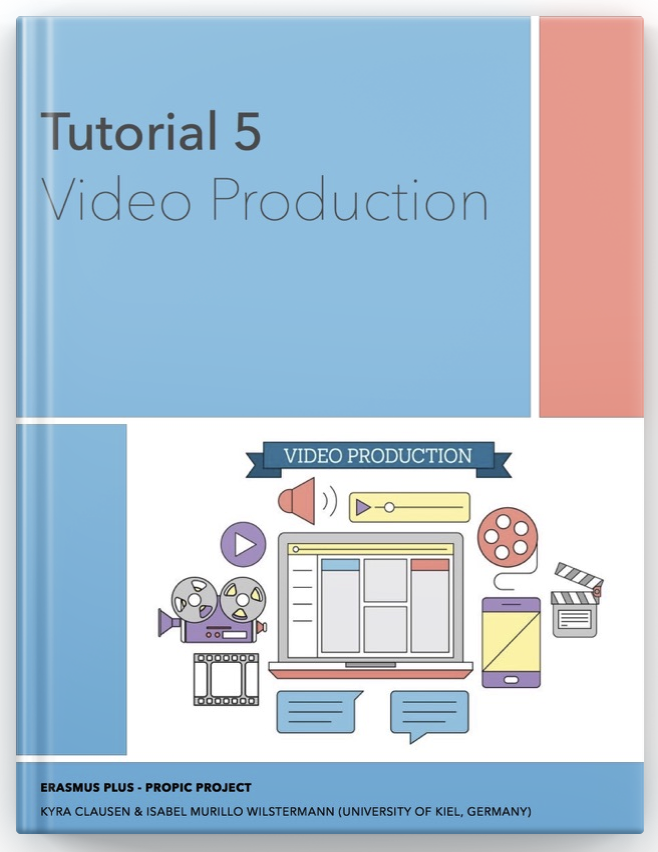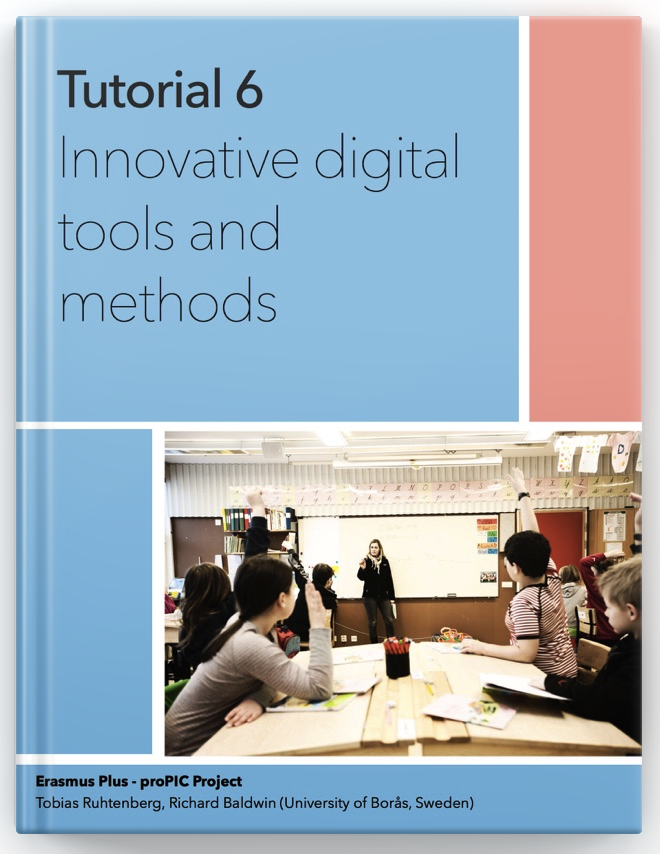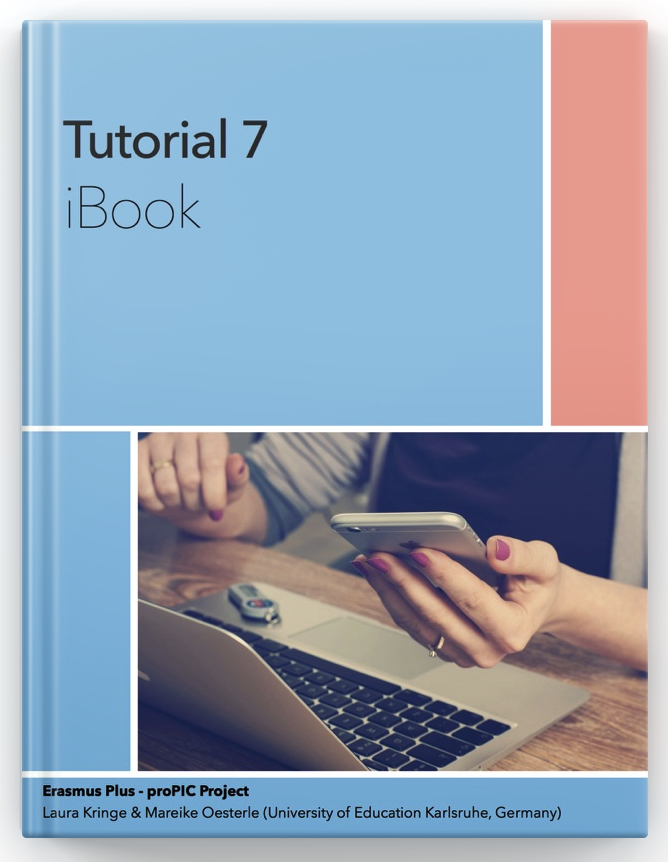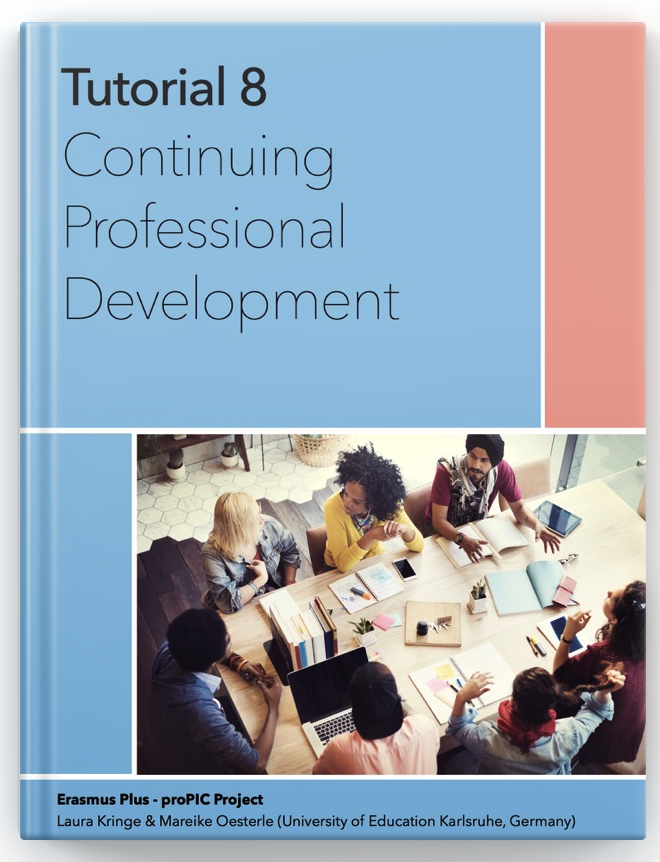Intellectual Output 4 - Interactive Tutorials
Led by the University of Borås (Sweden), eight Interactive Tutorials were developed and designed by the project partners. These iBooks have been modified in course of the project based on student evaluations and partner feedback. The tutorials comprise various approaches and best-practice examples on how to use mobile technologies for reflective practices in the context of language teacher education.
All the Interactive Tutorials have been published on iTunes and are accessible here:
Download all the iBooks as pdf-files below - please be aware that the interactive features and links might not work in this format.
|
|
|
| ||||||||||||||||||||||||
|
|
|
| ||||||||||||||||||||||||
Evaluating the use of iBooks
Enabling future language teachers to become more active, self-confident and inquiring in using mobile technologies for their own learning and teaching, was a main reason for the project partners to form this strategic partnership. In the context of CPD in foreign and second language learning, student teachers were given a variety of problem-oriented assignments that included a number issues from the field of CPD and were further connected to the study abroad experience. A number of assignments were integrated in the eight Interactive Tutorials. Based on student evaluations the project partners were able to adapt and update the tutorials. Only the final versions were published on iTunes.
Based on a Bachelor thesis (Avsar 2018) that investigated the use of the interactive tutorials of cohort I, as well as on further surveys conducted for cohort II and III, the students’ responses were quite diverse:
Based on a Bachelor thesis (Avsar 2018) that investigated the use of the interactive tutorials of cohort I, as well as on further surveys conducted for cohort II and III, the students’ responses were quite diverse:
“They [the iBooks] have an appealing design and often combine a variety of different media.” Unknown Respondent (Avsar 2018, 24)
“What I like the most about iBooks is that I have access to them anywhere, and I don't need to have a printed copy in order for me to read.” Unknown Respondent (Avsar 2018, 24)
“Like? I hate them, because I despise Apple as enterprise at all means.” Unknown Respondent (Avsar 2018, 25)
“What I like the most about iBooks is that I have access to them anywhere, and I don't need to have a printed copy in order for me to read.” Unknown Respondent (Avsar 2018, 24)
“Like? I hate them, because I despise Apple as enterprise at all means.” Unknown Respondent (Avsar 2018, 25)
A choice of answers collected from cohort II on the use of iBooks in the proPIC project.
Contrary to our expectations, there were quite a number of negative comments on the use of iBooks. Looking at the data, it can be suggested that although many students consider iBooks to be an effective tool in the field of (language) teacher education, an evident disadvantage seems to be that iBooks are only compatible with Apple devices. We are aware of the fact that our choice of the application ‘iBooks’ (to use the interactive tutorials) and ‘iBook author’ (to create the interactive tutorials) limited the range of users and producers. However, we chose to use them in this project as it currently is the application which supports the highest level of interactivity and multimodality in comparison to other eBook programs. To make sure that all students could use these tools, we provided a set of iPads and Macs for all international groups. Looking at the student evaluations in combination with the feedback that was provided by the project partners, the quality of each iBook does not only depend on the structure or content of it, but also the various kinds of media that are used.

